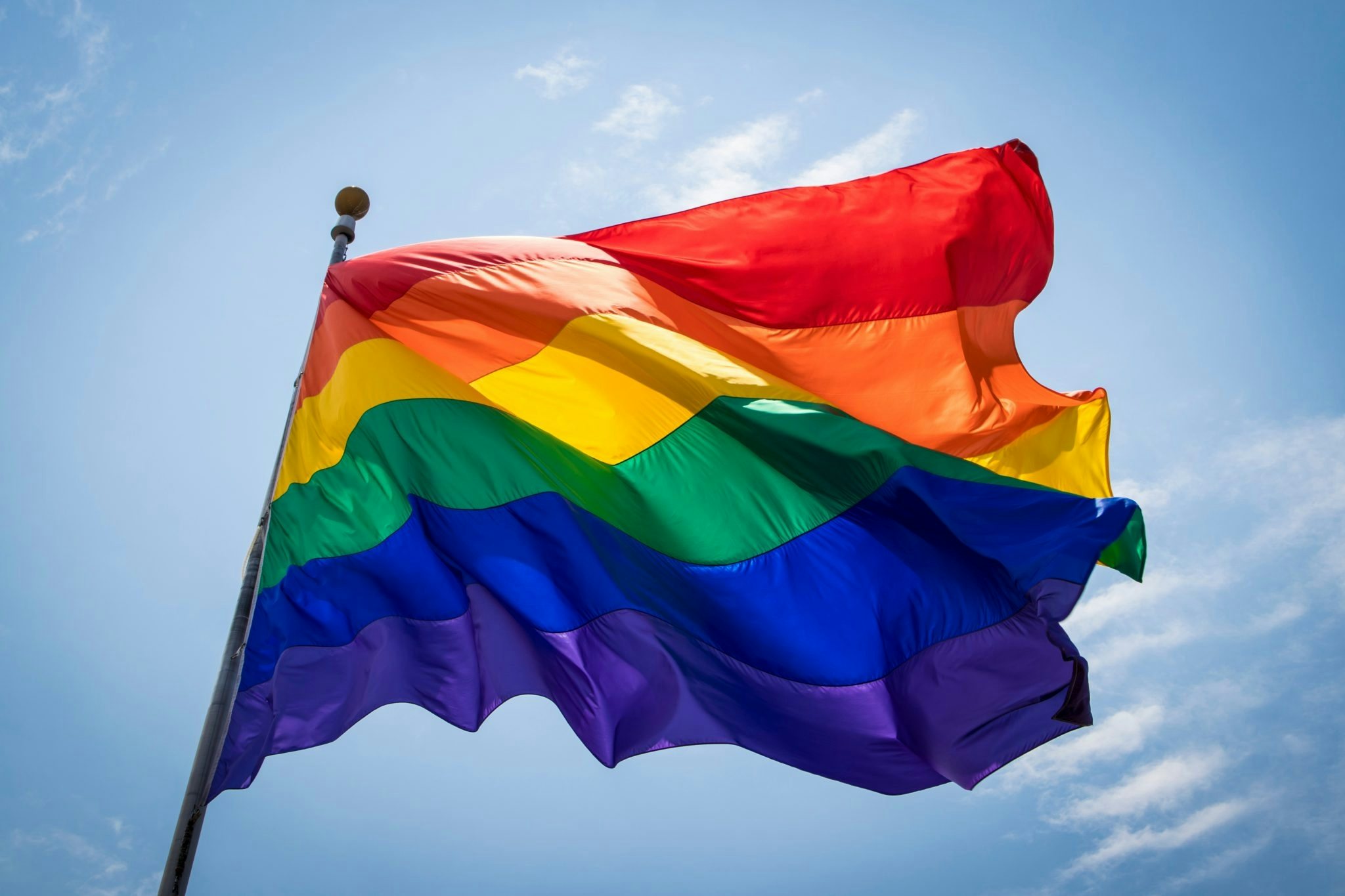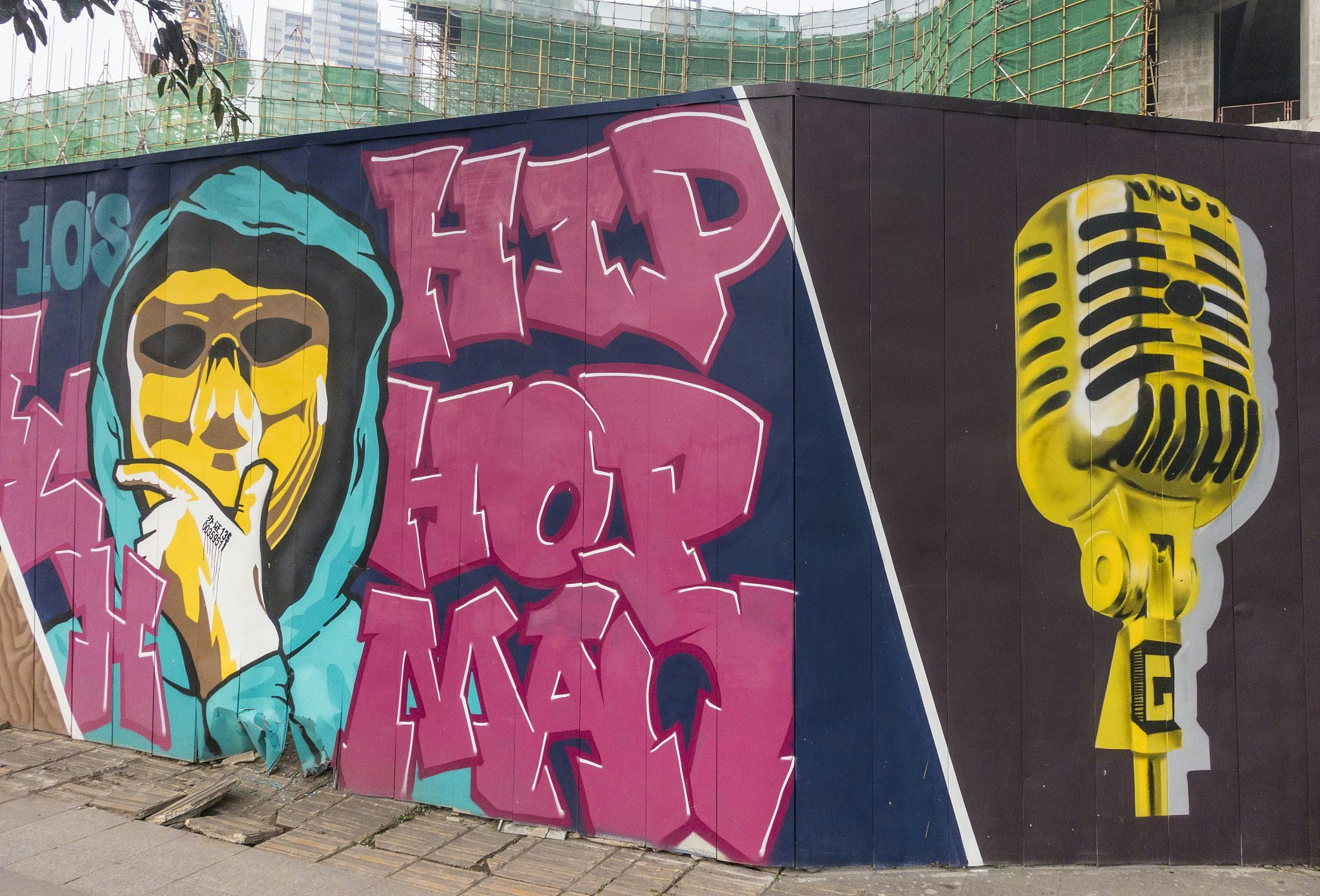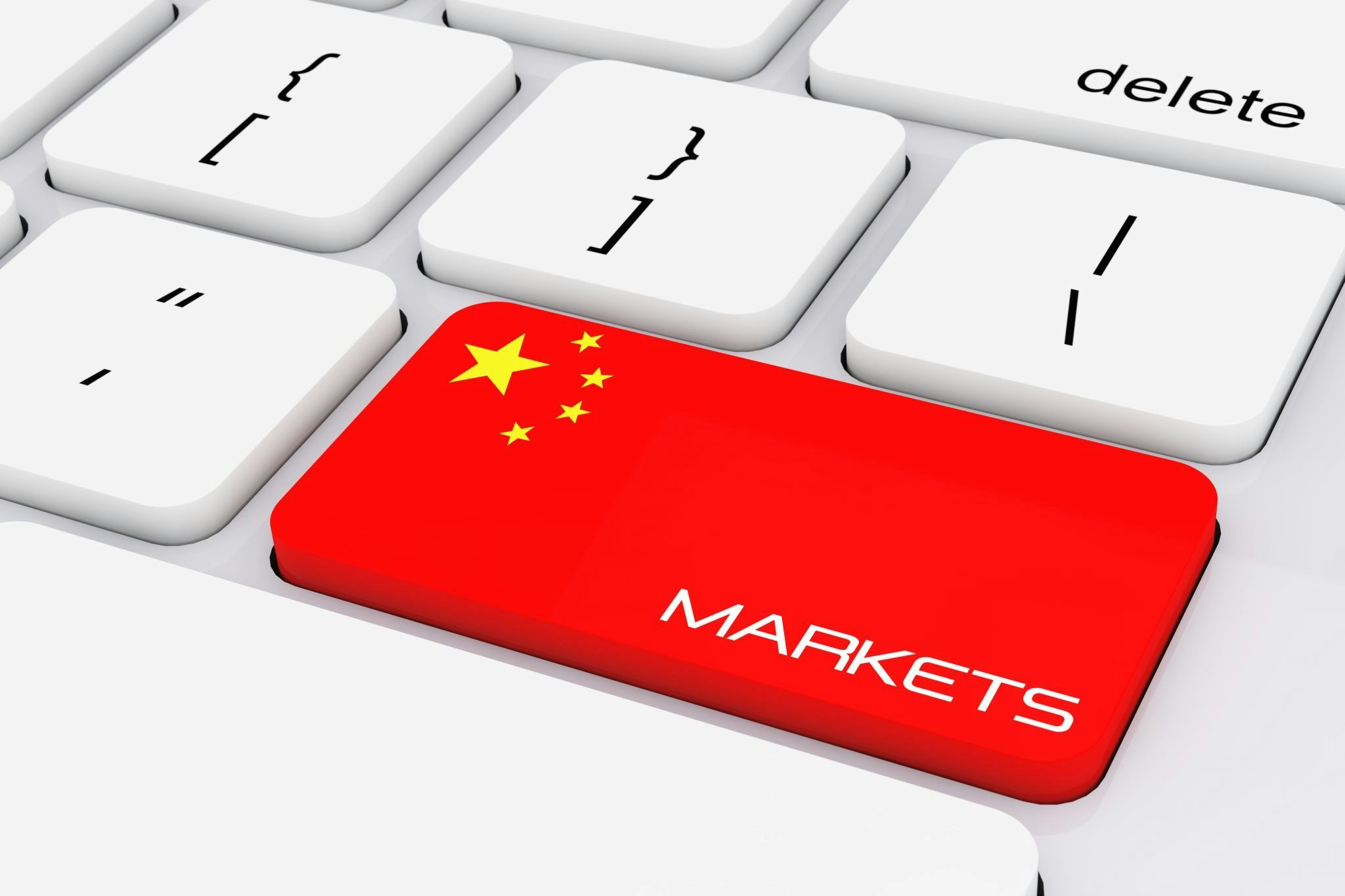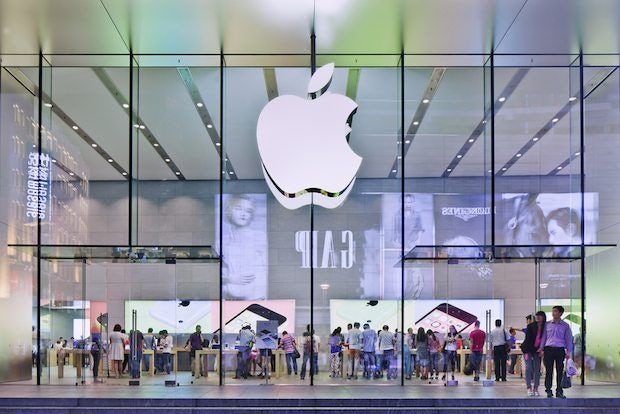In the U.S, June 28 marks the anniversary of the Stonewall riots. In 1969, a police raid on the Stonewall Inn - a gay club in New York City - caused violent protests in support of the gay community. The riots served as a catalyst for the gay rights movement in the western world. Today in China, the country's own LGBTQ+ movement is starting to gain momentum. In the luxury sphere, this could offer a new opportunity for brands looking to target an emerging, affluent market.
“If someone told you that there’s a market out there with a spending power of hundreds of billions of dollars, who love luxury products and aren’t being targeted by any of your competitors, what would you say? You’d be crazy not to jump at it,” a Shanghai-based Marketing Expert told Jing Daily.
“But that’s not happening with this market. It’s been proven that they have huge spending power, but luxury marketers still think they don’t exist in China. It’s a lot to do with visibility – the community is hidden from Chinese media, so brands are scared the market is just too small.”
The Chinese market the expert is referring to is, in fact, the largest LGBTQ+ community in the world. China is home to an estimated LGBTQ+ population of 90 million, over three times larger than the U.S equivalent. This month, as part of global Pride celebrations, ShanghaiPRIDE drew a crowd of 8000 for its 10th annual festival.
According to Hong Kong-based venture capital firm LGBT Capital, as of 2017, the annual purchasing power of China’s LGBTQ+ population amounted to 938 billion - a number that has risen dramatically from 2015 when it stood at 300 billion. In comparison, the spending power of the United State’s LGBTQ+ community rose from 933 billion to 965 billion dollars over the same period.
Thibaud Andre, Research Manager at Chinese Group Daxue Consulting, has closely examined the emerging Chinese LGBTQ+ market, and believes they have ample spending power for luxury,
“The organization WorkForLGBT recently released a survey of more than 18 thousand non-heterosexual Chinese people. The survey found that the average monthly income of the group reached 10,298 yuan, five times the national average. In terms of disposable income- because they have no children in China - the difference is even higher", he said.
Andre believes a brand needs to actively showcase support of LGBTQ+ issues in order to benefit from the market's booming spending power, "According to the second China LGBT Group Living Consumption Index Report released in 2015, 48 percent of all interviewees said if businesses or enterprises introduced relevant regulations to support LGBTQ+ groups, it would have a crucial impact on their purchase decisions."
Despite the lucrative opportunity, the market in China is still being almost entirely ignored by Western and Chinese luxury brands alike. Examples of Pride targeted campaigns in the West include Calvin Klein’s Pride capsule collection, Nike’s BeTrue Pride line, and Gucci’s selection of rainbow design luxury sneakers. Of these brands, only Nike - who sponsored the BeTrue t-shirts at ShanghaiPRIDE's Pride Run - has extended its LGBTQ+ campaign to China. Calvin Klein did not respond to requests to comment. Gucci declined to comment on this issue.
Lilian Shen, Team Lead at ShanghaiPRIDE Community Programs, agrees it is the brands who comprehensively support LGBTQ+ rights that will be rewarded by the Chinese market, “Brands that truly embrace diversity and the LGBTQ+ community are not those who have rainbow filters over their logos and ad campaigns during Pride, while having corporate policies that allow discrimination of LGBTQ+ individuals.
It is important for brands to push boundaries, engage with grassroots LGBTQ+ organizations, take initiative to conduct Damp;I training for a more inclusive corporate culture and have corporate policies that protect LGBTQ+ individuals.”
A Beijing based luxury homeware designer was born in China and is openly gay. According to the designer, she considered creating a line of products in honor of Pride month, but that ultimately, the risk was too great, “Some of my friends in the industry told me I should do something for Pride. As well as homeware, I design some smaller garments like scarves and hats, so was thinking of a limited edition rainbow collection. But when I pushed this idea out to a larger group I realized it would be really hard to specifically market the LGBTQ+ community - without receiving abuse from others. I’ve worked hard to build my reputation.”
The designer believes that if larger luxury brands provide an example, it will become easier for smaller ones to follow, “I think bigger Western brands shouldn’t be afraid of targeting the [LGBTQ+] community in China. No one is doing it, so why not? The community here is desperate for representation, they’re willing to spend money on it.”
In 2015, Alibaba led the way in promoting LGBTQ+ rights in China with its “We Do” campaign. As part of its Valentine’s Day e-commerce campaigns, the tech giant arranged to send 10 same-sex Chinese couples to California to be legally married. In the same year, the Beijing and Hong Kong government began to offer spousal visas to same-sex partners of foreigners immigrating to China.
China decriminalized homosexuality in 1997, but only removed it from the official list of mental health disorders in 2001. Same-sex marriage remains illegal, and the stigma attached to the LGBTQ+ community has proved stubborn to shift. However, despite a lack of representation through official Chinese media channels, the LGBTQ+ movement in China is slowly gaining speed.
According to Andre, in regards to the development and acceptance of homosexuality in China, “neutrality and abstention” have been the official line in China for many years.
“However, the last few months have demonstrated limits to the authorities’ attitude towards the LGBTQ+ community,” Andre explains. “For example, earlier this year, Chinese social media site Weibo banned specific content related to the LGBTQ+ community as part of a “clean-up” campaign. The Weibo ban led to intense criticism by users, leading the platform to apologize and reverse the ban in just three days.”
As voices are raised in support of China’s LGBTQ+ community, consumers are looking to associate with companies that embrace them. This could be a great opportunity for luxury Western brands to cash in – with the potential to grab a substantial slice of a 900 billion dollar pie.




